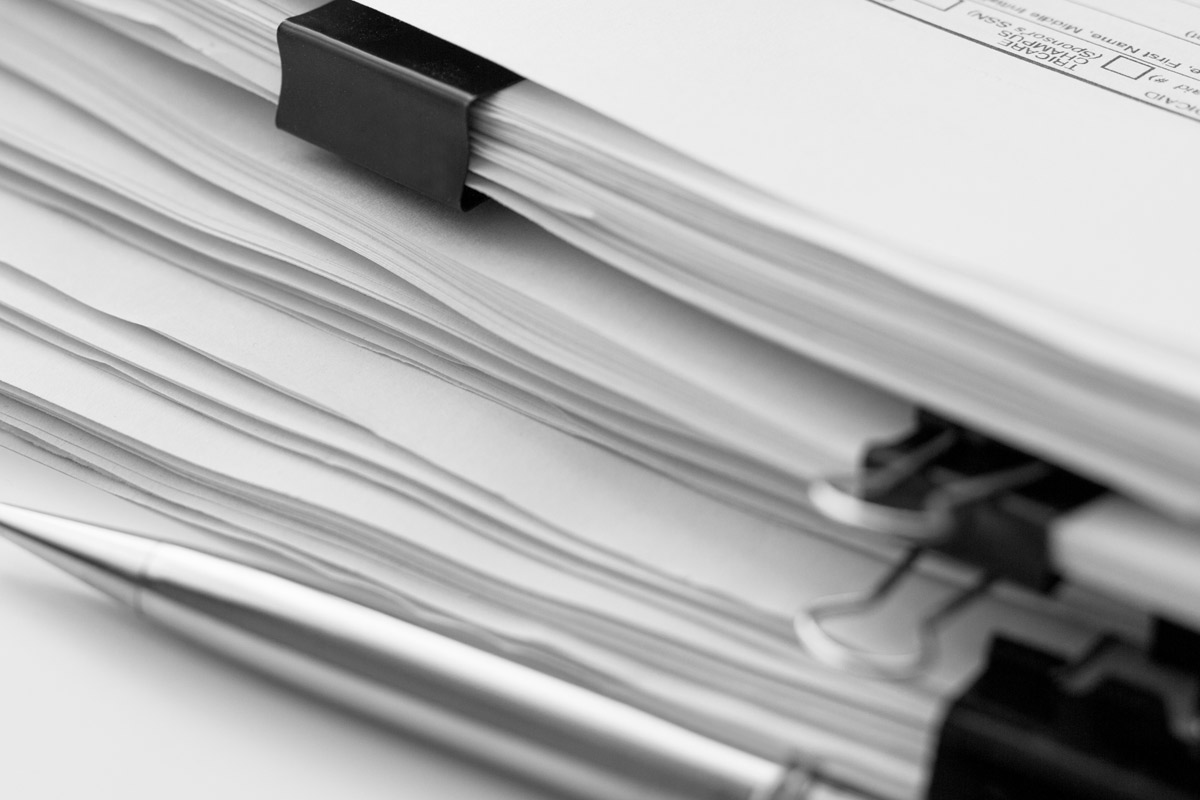Take Sid the Slug’s warning with a pinch of Salt
(Filed: 04/10/2004)
Dr James Le Fanu says that the Government-funded Sid the Slug campaign against salt can be faulted on three grounds.
In the 1930s, the British physiologist JBS Haldane became interested in how we manage to balance the amount of fluid we drink by the amount we excrete – thus maintaining just the right amount of water circulating in the bloodstream.
Heroically, he downed eight litres of water over a period of 24 hours and measured every last drop of urine – which added up, he was delighted to find, to exactly eight litres.
This is just one, albeit dramatic, example of that remarkable process whereby the internal functioning of the body remains within the same narrow limits, irrespective of what is happening “out there” in the external world. This is known as homeostasis, literally staying the same, on which our survival, millisecond by millisecond, depends.
This miracle of homeostasis is also highly relevant to the current £4 million Government-funded Sid The Slug campaign, encouraging everyone to eat less salt, in anticipation that this will lower their blood pressure and thus the risk of heart failure or strokes. This claim that the salt that kills the slugs in your garden can kill you, too, is undoubtedly a serious slur on the reputation of the salt manufacturers – so is it true?
There is, to put it mildly, something of a difference of opinion on the matter which the journal Science has described as “the most vitriolic and surreal dispute in all of medicine”. It’s certainly one of the most long-lasting, with a clutch of blood pressure experts writing to The Lancet 20 years ago, complaining that the proponents of salt reduction were engaged in “an evangelical crusade” in which they had dispensed with “the usual scientific standards for weighing evidence and giving advice”. Their recommendations were “unjustified and irresponsible”, while the “potential harmful consequences have not been examined”. Strong words.
Well, those evangelists are certainly nothing if not persistent, sustained in their crusade by the not very compelling observation that blood pressure levels tend to be lower in those societies that tend to have lower levels of salt consumption. More importantly, perhaps, the imagery they invoke seems quite plausible – too much salt overloads the circulation, pushing up blood pressure – and lends itself to a straightforward message: “Eat less salt and live longer.”
It can’t, however, be true because it contravenes the laws of homeostasis. These ensure that any salt consumed in excess of what is required will be excreted in the urine, while the kidneys will vigorously conserve salt in those that might be persuaded to follow Sid’s advice and cut their intake. Either way, the total amount of salt in the body remains the same.
The amount of salt consumed would not matter even if the kidneys were not doing their homeostatic thing, and for the following reasons. The need to maintain a steady blood pressure, propelling blood upwards to the brain, in defiance of the laws of gravity, is probably the most single important physiological function of the body.
Put another way, if the blood pressure were to fluctuate every time we changed position during the day, the brain would be deprived of oxygen and we would pass out. Consequently, the blood pressure is the best defended of all physiological functions, with no less than 40 separate homeostatic mechanisms backing each other up to ensure stability: pressure receptors in the artery walls, hormones secreted by the kidneys, sensors to detect the volume of blood in circulation and many, many more. These operate in unison and so, on first principles, simply fussing about the amount of salt on your plate will have zero effect on your blood pressure.
Still, there is something you can do to lower your blood pressure without the need for drugs – as is made clear by the familiar analogy from everyone’s childhood of trying to dam a stream. The pressure of water passing through a central breach of the dam will be much diminished by making several further breaches in the wall. Similarly the pressure of blood flowing through the numerous blood vessels feeding the bulky muscles of the physically fit will be a lot lower than in the less-developed muscles – with their fewer blood vessels – of the unfit. Hence, regular exercise, by boosting or maintaining muscle strength, keeps the blood pressure down.
Thus Sid the Slug’s pitch can be faulted on three grounds. It is contrary to the laws of homeostasis, distracts from the more reliable way of lowering the blood pressure through regular exercise, and by making food less palatable, it detracts from the simple joys of eating. The salt manufacturers would seem more than justified in crying “foul” at this mendacious misuse of taxpayers’ money.

